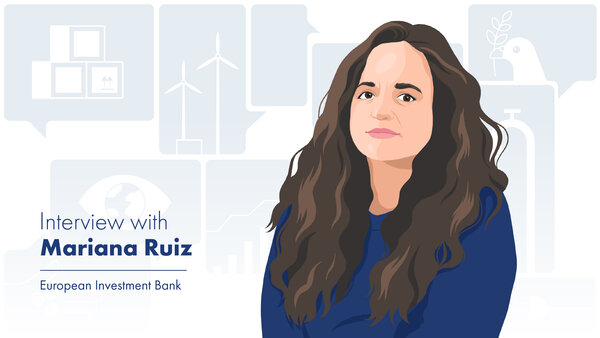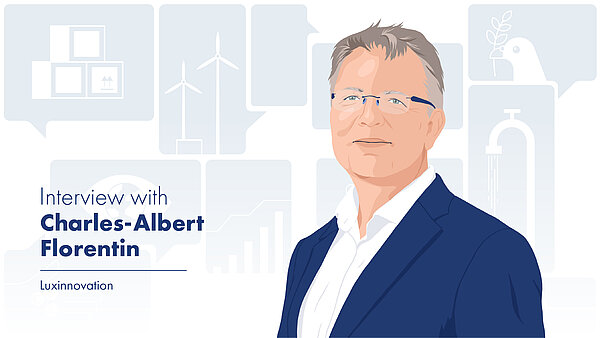If you have projects in the very near future, such as the purchase of equipment or new fixtures for your business, but in the meantime you wish to benefit from attractive interest rates on your liquid funds (minimum EUR 10.000), opt for a term deposit account. You can therefore deposit your money over a short term, ranging from one month to 12 months.
This flexible solution allows you to access your money at any time while benefiting from interest.
Instead of leaving your liquid funds dormant in your current account or savings account for the next 18 months or longer, opt for a fixed rate deposit. You thus select the term most adapted to your needs, ranging from 18 months to 10 years, and benefit from an appealing fixed rate.
This solution allows you to benefit from a more appealing interest rate than the one offered by a traditional savings account.






![[Translate to English:] [Translate to English:]](/fileadmin/_processed_/9/d/csm_328__EXP__Andrea_Maramotti__Immotop_163f2ecbe1.jpg)
![[Translate to English:] [Translate to English:]](/fileadmin/_processed_/7/5/csm_368_EXP_Alternatives_epargne_Pro_c96f107bd8.jpg)
![[Translate to English:] [Translate to English:]](/fileadmin/_processed_/6/a/csm_28__Portrait__Claude_Hirtzig_Interview_c047cd5d6f.jpg)
![[Translate to English:] [Translate to English:]](/fileadmin/_processed_/f/0/csm_391_RSE_Falk_Fernbach_308f17aa1d.jpg)
![[Translate to English:] [Translate to English:]](/fileadmin/_processed_/5/4/csm_390_RSE_Johansson_Peters_4412aa2c2a.jpg)
![[Translate to English:] [Translate to English:]](/fileadmin/_processed_/0/b/csm_387_EXP_Francis_Kaell_Marie_Astrid_Cauquy_a91099afe4.jpg)
![[Translate to English:] [Translate to English:]](/fileadmin/_processed_/6/7/csm_180__Portrait__Ekkehart_Schmidt_Interview_429e9ad3f8.jpg)
![[Translate to English:] [Translate to English:]](/fileadmin/_processed_/7/5/csm_377_EXP_Dr._Mara_Harvey_f690e2d6b2.jpg)
![[Translate to English:] [Translate to English:]](/fileadmin/_processed_/3/9/csm_383_RSE_Dr._Gaston_Trauffler_89640b105d.jpg)
![[Translate to English:] [Translate to English:]](/fileadmin/_processed_/d/0/csm_382_EXP_Romain_van_den_louw-Marie_Astrid_Cauquy_4249d5d4a6.jpg)